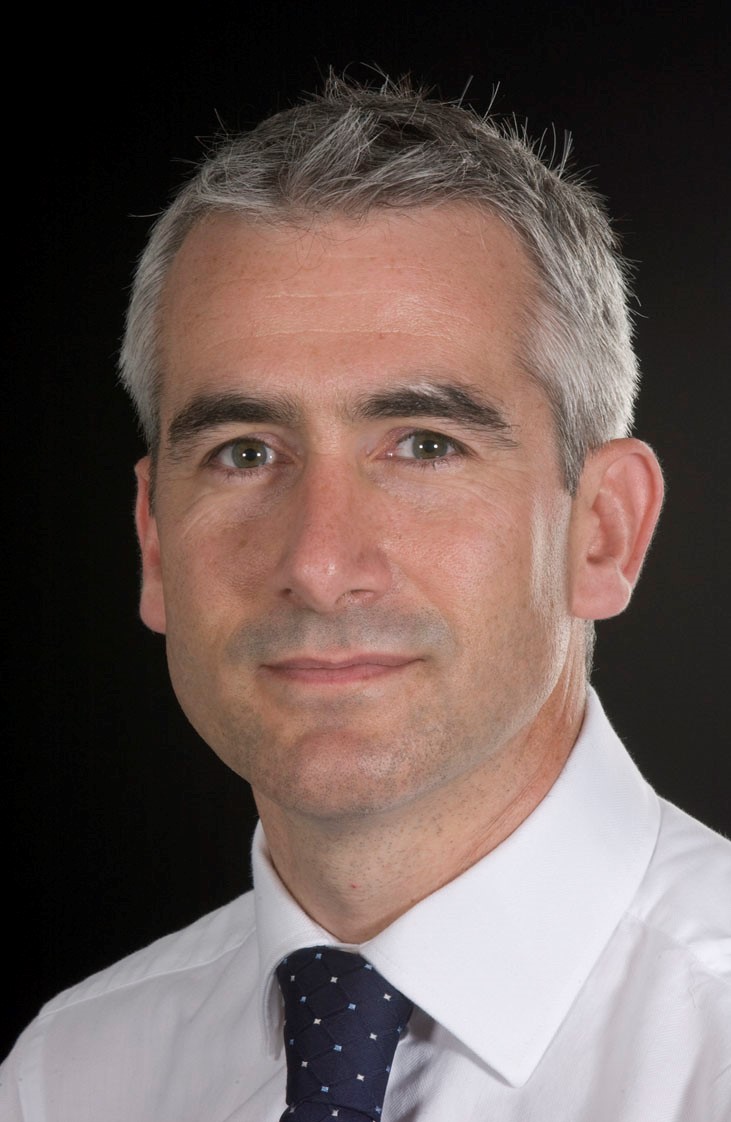 Time is a precious resource in any clinical practice but particularly for consultants who have risen to the top of their speciality.
Time is a precious resource in any clinical practice but particularly for consultants who have risen to the top of their speciality.
Consultant surgeon Alasdair Mace is a prime example. As well as being Senior Consultant ENT Specialist at Charing Cross and St Mary's Hospitals and an Honorary Consultant at several NHS hospitals, Alasdair has a thriving private practice in Harley Street and across North London.
Unsurprisingly, Alasdair is keen to take advantage of every tool that will enable him to accomplish routine administrative tasks quickly and effortlessly. And he was quick to see the appeal of The Private Practice Register (The PPR), Healthcode’s online directory which connects independent practitioners with PMIs and private hospitals.
He recalls: “Until now, the private healthcare sector has lacked a central place to hold all the information required by hospitals and insurance companies. When I heard that Healthcode had developed a comprehensive register where I could store all my practice details, my first thought was that it would be very useful.”
Alasdair is one of 16,000 independent practitioners to register on The PPR and set up his comprehensive online practice profile which includes contact details, bank details for PMI payments, qualifications, scope of practice, proof of indemnity, the address of his Harley Street clinic, medical secretary, the hospitals where he has practising privileges and professional certificates. For security, The PPR is encrypted and access is restricted to authorised users at the PMIs and hospitals where Alasdair has practising privileges.
This central source of information about his practice is the most convenient and efficient way for Alasdair to ensure that the right people have accurate details about his practice and to keep them up-to-date. “The PPR is going to make my life easier,” he says. “For example, I get emails from about ten different private hospitals and clinics asking me to send them various things like my indemnity certificate. It’s not particularly onerous to attach and send the files but it takes about ten minutes to respond to each email and when you work in a lot of different hospitals and different clinics that adds up to quite a bit of time. It makes sense for this kind of information to be accessible in one place.
“Another good example is that I am about to change my bank account which would usually mean contacting all the insurance companies individually to amend my payment details. Again, it’s helpful to know I can just update it on The PPR and all the major insurance companies will know right away.”
As Alasdair has found, the wealth of data that practitioners can store securely on The PPR makes it possible to streamline time-consuming administrative tasks and avoid duplication. New consultants can use it to apply for PMI recognition from multiple insurers at once and fast-track their entry into private practice, while in the future established consultants like Alasdair will be able to use their PPR profile to apply for and maintain their hospital practising privileges. He also hopes that in the future, fellow clinicians will be able to access his details on The PPR in order to make referrals.
Overall, Alasdair is positive about the potential benefits of The PPR for independent practitioners and wants hospitals and insurers to get on board: “I would definitely recommend that consultants set up a PPR profile. It doesn’t take much time to get the data on the system and it’s been very helpful. I try to keep an eye on the various directories to make sure my details are always up-to-date but I think that if all the PMIs were signed up to a central information resource it would make everything much easier for us clinicians.”
